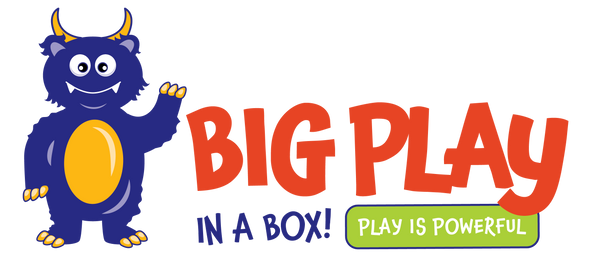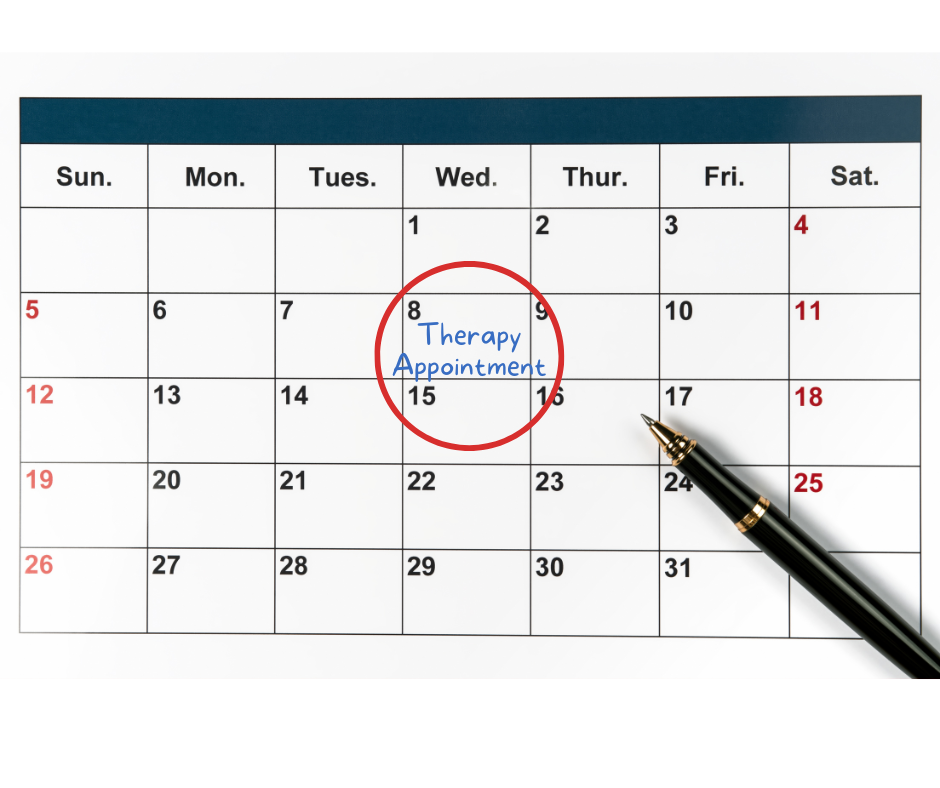
You have been on a waiting list for months now. The concern you originally had for your child has either disappeared, exacerbated, or changed into a whole new set of concerns. You finally get the call..."I have a referral for your child to receive Occupational Therapy. We have an opening for an appointment for an evaluation. Would you like to take it?"
FINALLY!!!! We're In! But wait, for what? What are we getting ourselves into? My name is Connie. Or to many for years, Miss Connie. I am an Occupational Therapist and have been for going on 30 years. I have worked in many areas of OT, but settled the last 18 or so in the field of pediatrics. I have worked in the schools, in homes and in Private Outpatient Centers. I want to write this blog to give you an idea of what to expect if your initial therapy appointment is finally on the calendar.
First off, just as no two Hair Salons are the same, neither are therapy departments. Can you expect there to be salon chairs, mirrors, hairdryers, etc in a salon? Yes. A therapy clinic, school, or office should have an expectation for a kid-friendly environment including toys, appropriate-sized chairs, tables, and a feeling that safety is a priority as well.
Are you approached the same by two orthopedic doctors? Likely no. They have very similar educations, but their personalities, specialties, and interests can impact how they approach medicine differently. The same expectation can be that of a therapist as well. We are all required to take the same classes, but our approaches may vary greatly amongst us.

Does that mean one is wrong in their style? No, not necessarily. However, I do recommend prior to your appointment visiting the clinic and getting a feel for the therapy environment. As a parent ask yourself what are you comfortable with? While it may seem "extra" to some, I see nothing wrong with asking for a tour of the clinic before your apt. Is the clinic well kept? Do the therapists look genuinely engaged with the kids? A clinic may have rules about confidentiality about touring when children are present. If so, ask for a therapist to contact you when they have availability or for a quick before or after-hours tour. Do keep in mind, just like your schedule, a therapist schedule can be very hectic, so patience is a must in this category.
You have decided this IS the clinic and your appointment is set. How should you approach the appointment? Try (although not always an option) to make the appointment around when your child is not hungry or tired. I know, I know...this may seem impossible! Just forewarn the therapist that this is typical or atypical behavior and let them know as close as you can to what their behavior is like on a regular basis.
The therapist will likely take you and your child to as private an area as that clinic has available. If you have siblings, try as best as you can to make arrangements for that sibling to be with another friend or family member. Distractions of a sibling can be very detrimental to this appointment you have been waiting for, for so long!
If you are unclear as to what Occupational Therapy is, ask your therapist! I try my best to start the conversation with a little information about myself and what I will be looking at today in your child. Hopefully, next your therapist will inquire about what your concerns are with your child. What brought you to this appointment? If you need to, in advance write these down. I know what it is like to have all of these things I need to mention and leave forgetting to give my Doctor the main reason I was there!

It may seem like your child is not being "evaluated" for a good bit of the assessment while you are being interviewed. Trust me, this is far from the truth. Our eyes are trained to make observations that are not always picked up by people that are not in our field. We may be noticing interactions between you and your child. We are looking at your child's play skills, emotional regulation, and behavioral regulation. Is the child playing with age-appropriate toys in an expected manner? Is he/she able to play independently? Does the child even notice my presence? We are looking at how they handle toys. Are they too rough? Are they having a difficult time problem-solving? Is their attention such that they move on too quickly to take the time to work through a solution? Is your child curious in the room or are they Stage 5 Clinger? I could go on and on!
It is hopeful that by the time the "interview" is over, your child has warmed up enough that interaction with the therapist and child is less intimidating. Your therapist may request to "handle" your child. This means, the need to hold them and assist in getting through various physical transitions. You may be asked to take clothes off of your child so that the therapist can visualize musculature, posture, and alignments more in-depth.
The therapist may mention completing a Standardized Test. The elements of the test may seem a little "off topic". Here again, we ask you to trust the process. We are making more observations throughout. We are completing these tests to obtain "scores". These scores, in the end, can seem daunting. They may feel unfair. You may feel like your child did not give their best effort or that they never do what they did for the therapist. Please do not let these scores get the best of you!! We need numbers to prove to payment providers that your child does indeed qualify for therapy services. We need these numbers so that when we do our required "re-testing" at certain intervals we know where we are with the progression, plateau, or even regression at times.

You may be asked to fill out more forms following the interview to give us more "scores". Use these to jot down extra notes that you think of. Be as honest with these as you can to give us a better "whole" picture of your child.
Whew! It's done! Your child has had it! Either they will not want to leave OR they will be running out the door! Do not worry about upsetting us. We have seen it all! Before you leave, I hope that your therapist will ask what your goals are for having your child in therapy. I hope your therapist will give you an idea about what he/she foresees going forward with scheduling more therapy appointments or even letting you know that your concerns while warranted, are typical and your child will not likely need therapy going forward.
The therapist may need some time to digest all that was done, score assessments, and speak to other professionals regarding therapy going forward. With that, it may be some time before you get a plan in place. Be patient, but do not allow more than a week or two to pass without having an idea what the plan is going forward.
Therapy frequency and duration can be an abstract element of time. It is often difficult to determine upon one assessment what may work out best for your child and your family. On top of that, insurance can factor into this. Please remember this is a team effort. While a therapist is expected to do their best for your child, it goes both ways. Please make every effort to attend your appointments. Ask questions. Let your therapist know about changes in routines, behaviors, medications, etc.. Do the homework. It's HARD!!! I know! But try to implement the strategies your therapists give you. Repetition is often the best remedy to progression.

I hope this gives you an idea as to what to expect at your child's therapy appointment. Whether it is PT, Speech Therapy or OT, likely similar experiences will be had. This can be an intimidating time as a parent. I hope you are able to develop a relationship like I have with so many of the past families I have worked with. There is comfort in knowing that there are people out there that may just finally understand and can relate to the concerns you have felt for some time. I wish you the very best in this experience!
-Miss Connie

